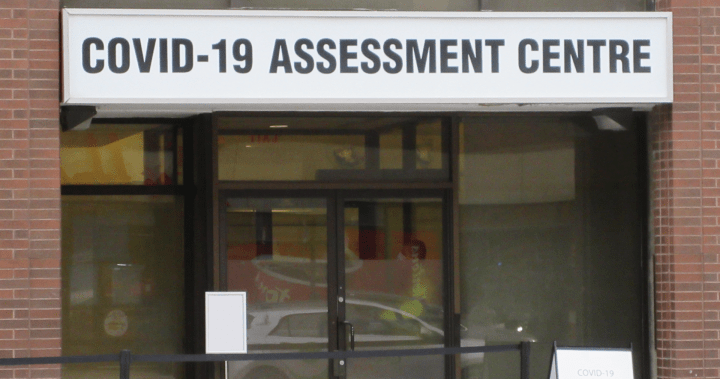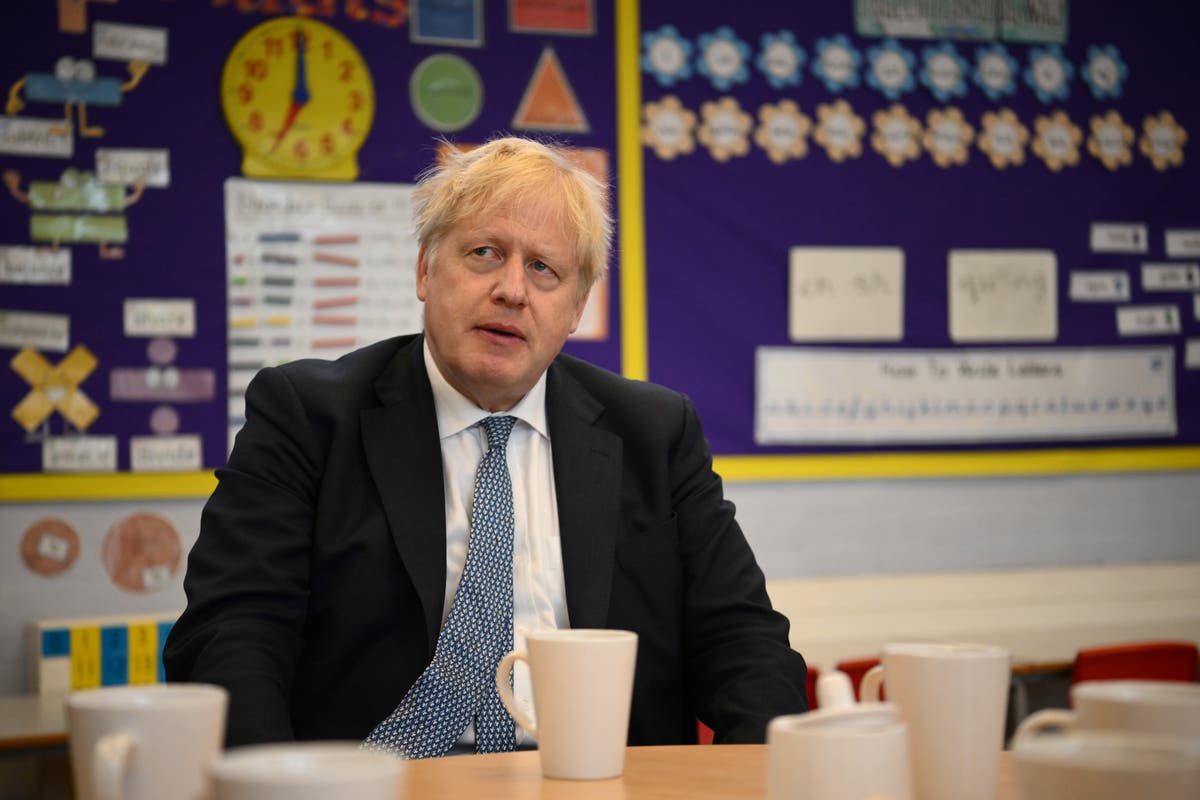Is the UK Heading for an Energy Crisis?
Dark days are coming to the UK – so the experts say. Office of the Gas and Electricity Markets (Ofgem) chief executive Alistair Buchanan said, “For the next two or three years, there is plentiful reserves, but the problem is the speed with which the situation could deteriorate.”
He also said, “In our early warning system of 20 traffic lights, eight are now on red.”
Simon Skillings, director of strategy and energy policy at Eon UK, agrees. He stated, “The idea of lights going out is not a fantasy. People seem to accept that security of energy supply is a right. It is not.”
The cost of energy
A large amount of money is needed in order to keep the Britain’s homes well lit at night. A staggering £200 billion is needed to establish new power plants and gas stations to replace the worn-out ones. Nuclear plants, still the most controversial source of energy, are ageing and it is still a question whether they ought to be replaced.
At the same time, the demand for energy is growing ever higher, and the local supply could accommodate it no longer, especially as the North Sea’s production of oil and gas dwindles.
Due to this particular development, it is foreseen that the UK will need to import 80-90% of its gas needs by 2020.
This disproportion of demand to supply naturally means an increase in the price of power, sending unaffordable bills to households – bills that could force families to ration their use of electricity and dine in darkness.
Adjusting the demand
In fact, Scottish & Southern Energy has reported seeing signs that some of their customers are already rationing their power use to save money. There has been a drop in gas consumption over the past years.
While this is as good sign the UK residents are becoming more aware of the importance of resource management and allocation, one has to ask how far this measure can go, and how long can it keep the crisis at bay.
Alternative sources of energy must be considered – alternatives such as wind, geothermal, and even nuclear.
Ofgem has also suggested that it’s time we moved away from privatized energy markets and give the government more control.
Scottish economist Andrew Bain even goes so far as to say he thinks “it’s a terrible mistake to rule out nuclear, because it’s probably going to be the cheapest option.”
Investing in renewables
After the recent Japan nuclear leak incident, however, one has to wonder again whether the benefits of nuclear energy is truly greater than its risks.
So far, the best solution we have right in front of us is investing in renewable energy that can be created in our own soil, our own backyard, in fact. Companies such as British Gas have already put programs such as Energyshare to encourage and assist UK residents to use renewable energy.
In our own little way, there is something we can do to help avert the energy crisis and save a bunch of cash in the process. Let’s do what we can now, by investing in renewable energy.
Source by Louise Goldstein




